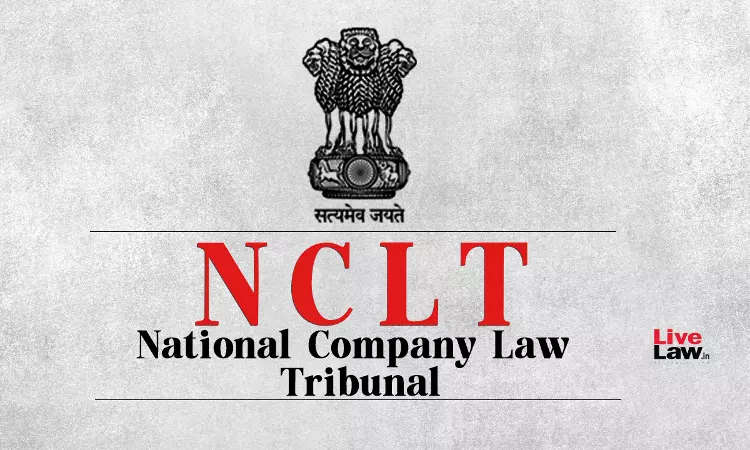When Statutory Criteria U/S 7 Of IBC Is Satisfied, Tribunal Must Admit CIRP: NCLT, Mumbai
Tazeen Ahmed
20 Nov 2024 4:35 PM IST

Next Story
20 Nov 2024 4:35 PM IST
The National Company Law Tribunal (NCLT), Mumbai bench, comprising Justice V. G. Bisht (Retd.) (Judicial Member) and Sh. Prabhat Kumar (Technical Member) has held that the petition for initiation of Corporate Insolvency Resolution Process (CIRP) was admissible as the statutory criteria under Section 7 of the Insolvency and Bankruptcy Code, 2016 (IBC), viz. the existence of financial...
